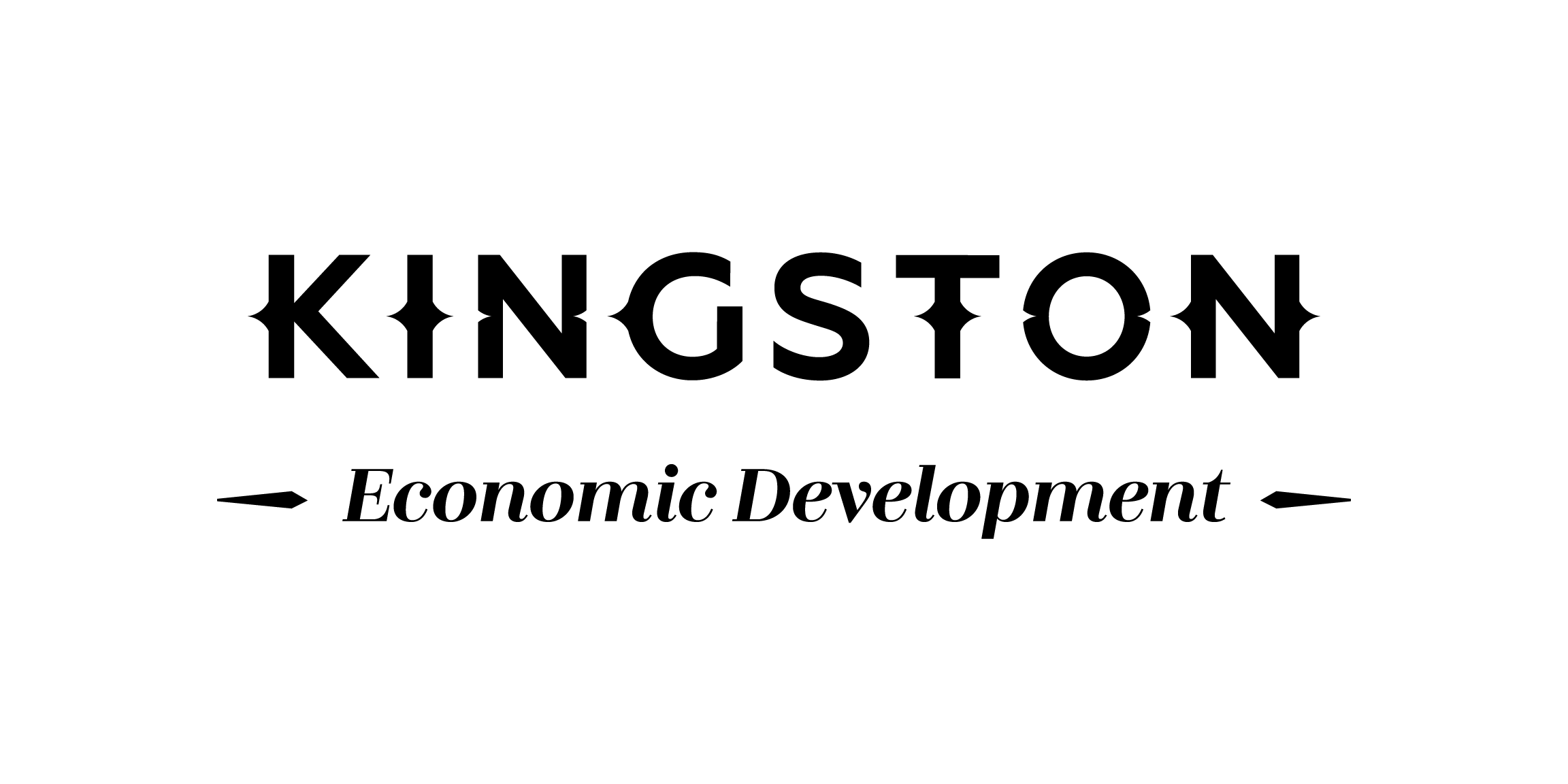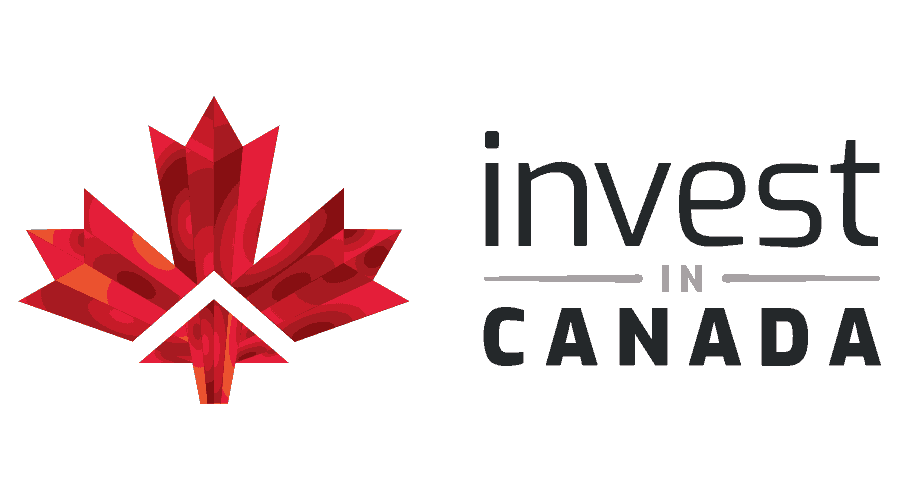March 2023 – The city of Kingston is Ontario’s new hotbed for biotech, med-tech, health informatics and medical science innovation.
Driven by advanced technology, a highly educated work force and access to world markets, Kingston is alive with cutting-edge companies that are shaping the local economy – and changing the world of health care and health sciences.
Theia Markerless, a revolutionary motion capture company launched in 2019, grew out of the work of a former Queen’s University graduate student who convinced his employer that he could develop a system for tracking human movement outside of complex laboratories.
Novari’s game-changing software for hospitals — capable of dramatically improving Canada’s waitlist times — is rooted in a modest 2003 research grant to computerize Kingston General Hospital’s (KGH) doctor referral system.
Neuractus, a brand-new start up driven by one of Queen’s University resident physicians, is developing revolutionary neurological drugs for international markets.
Whether a company is launching, growing, or looking for partners, Kingston provides the resources, location and work force that moves them forward.
“I live in Kingston because I like it here,” explains Theia Markerless’ CEO and chief evangelist Scott Selbie of his move to Kingston from Maryland’s sprawling institutional landscape. He jokes that his house is walking distance from the R&D facilities at Queen’s University whose collaboration has helped facilitate his companies’ success.
As research director of C-Motion in 1997, Selbie helped convert U.S. government research into commercial “movement analysis” software that is used by doctors and coaches to assess the motion of a patient/athlete’s bones and joints. Until recently, C-Motion analysis relied on short video clips that required tedious set ups using expensive cameras and the placement of marker balls on bare skin or specialized clothing in laboratories — not ideal for studying “natural movement.”
The situation changed in 2017 when Marcus Brown, a recent Queen’s engineering grad student (now Theia’s president) convinced Selbie that he was capable of exploiting artificial intelligence to convert “markerless” video of people into 3-D skeletal motion. Queen’s grad Chris Saliba, (now Theia’s senior lead developer) was the third co-founder.
Today, half of Theia’s 18 Kingston staffers (recruited locally) work with a database of five million video images that establish the software’s ability to recognize features of the human body from which the underlying skeleton is inferred. Currently, Theia is collaborating with Queen’s on two funded projects, using Theia’s technology to assess movement deficits related to neurological disorders and osteoarthritis.
In a low-rise suburban office building a few kilometres away, John Sinclair, president of Novari Health, leads a team of 90 employees building a software platform focused on shortening hospital waitlists.
“It’s air traffic control for hospitals,” explains Sinclair who joined Novari Health in 2009, six years after KGH began work on the first version of Novari’s software. “We get the right patient to the right provider at the right time with the right data (xrays and scans).”
Without digital referral management technology, large hospital networks rely on 1980-era faxes and paper to schedule consultations, imaging and treatments resulting in long wait-times for patients.
Novari’s software platform identifies specialists within a hospital network, tracks wait times, assists patient triage, and generally balances the load of incoming service requests. The original software module has grown into several different medical streams with multiple components. Cardiac, mental health and imaging have their own specific modules while other pathways use an e-referral platform that is configured for everything from cancer treatment, hip and knee replacements, diabetes, and foot care to name a few.
Since COVID threatened to overwhelm the Canadian healthcare system, Novari has undergone explosive growth in Ontario, Nova Scotia and Manitoba (which is soon implementing province-wide use of Novari’s surgical waitlist module).
Meanwhile, Queen’s resident physician Andrew Lingard is building Neuractas one step at a time as he develops a drug treatment for neurological diseases like epilepsy and Huntington’s. While Queen’s Partnership and Innovation office is helping with intellectual property issues, the university’s Dunin-Deshpande Queen’s Innovation Centre is offering advice and early funding. Once he secures investment, Dr. Lingard has a Queen’s PhD grad in mind as his first employee.
For now, Neuractas’ ambitious “chief everything officer” is first and foremost a pathologist-in-training at Queen’s/Kingston Health Sciences Centre but he is so convinced that his start-up will take root in Kingston’s health technology ecosystem that he has launched a second enterprise — Armistic Biotherapeutics — to develop an immunosuppressive cell therapy for organ transplant recipients.
By combining world-class institutions with entrepreneurial opportunity, Kingston continues to attract the talent that is building its future success.







